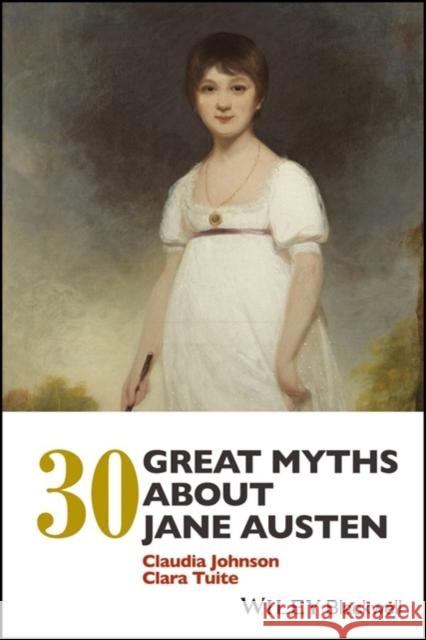30 Great Myths about Jane Austen » książka
topmenu
30 Great Myths about Jane Austen
ISBN-13: 9781119146865 / Angielski / Miękka / 2020 / 224 str.
Kategorie:
Kategorie BISAC:
Wydawca:
Wiley-Blackwell
Język:
Angielski
ISBN-13:
9781119146865
Rok wydania:
2020
Ilość stron:
224
Waga:
0.29 kg
Wymiary:
22.61 x 16.0 x 1.78
Oprawa:
Miękka
Wolumenów:
01
Dodatkowe informacje:
Bibliografia











